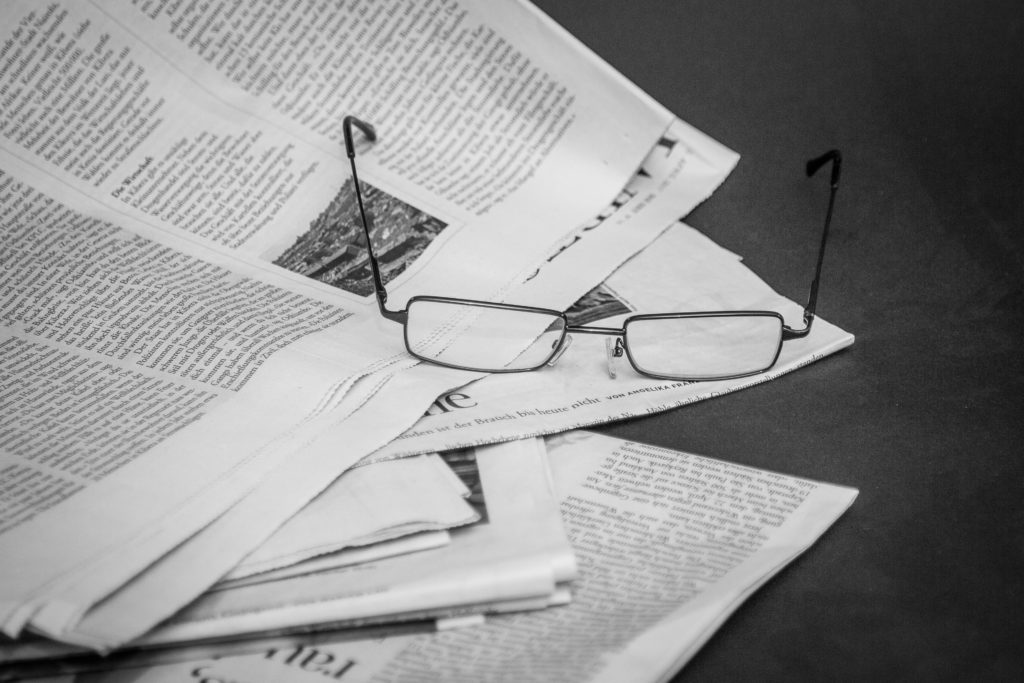
Only 42% of rivers and streams in Europe are in good ecological health. Despite improvements in wastewater treatment, wastewater still poses a threat to ecosystems and water bodies. The DARROW project is set to change this by using artificial intelligence (AI) for sustainable wastewater treatment.
Recover Magazine recently spotlighted our work in an insightful article. In it, journalist Jack McGovan interviewed Team DARROW members Itxaro Errandonea and Beñat Elduayen from CEIT about our project.
Key takeaways from the article
- AI-powered optimisation: DARROW’s AI tools will provide plant operators with process recommendations to optimise the entire operation of the plant. For example, AI can help quantify pollutant levels in the water, thereby reducing the use of treatment chemicals.
- User-friendly solutions: While classical mathematical models have been very helpful in optimising the operation of treatment plants, they are quite hard to use. We are developing AI tools that are easier to use.
- Resource recovery: Beyond cleaning water, AI can help with transforming wastewater treatment plants into resource recovery facilities. For example, minerals like phosphorus and nitrogen, which are key components in agricultural fertilisers, can be recovered from wastewater. Additionally, organic matter can be converted into biogas, contributing to a circular economy.
- Challenges and future prospects: Developing AI tools requires large datasets and overcoming public distrust. Transparent communication and training opportunities are critical for fostering trust and acceptance for AI tools in this sector.
For a more in-depth look at how DARROW is leveraging AI to make wastewater treatment more sustainable, read the full article in Recover Magazine below. Stay tuned for more updates on our work as we continue to push the boundaries of innovation in wastewater treatment and resource recovery.